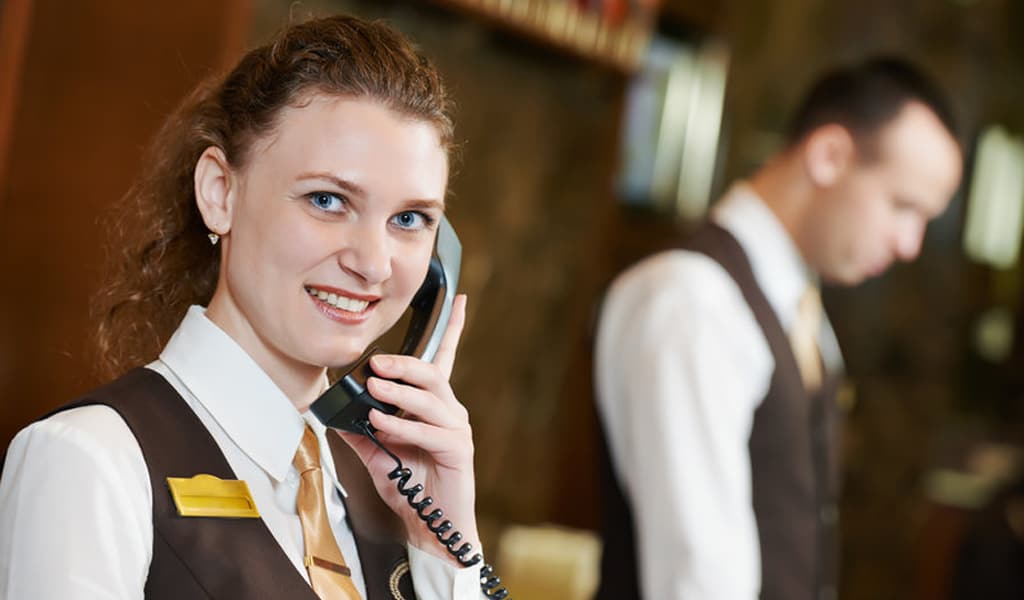 The success of any hotel hinges on providing your clients with the ability to communicate effectively with your staff at all times. If you fail at this one simple task, then you’re not likely to have repeat business from clients that haven’t received the superb service they expect.
The success of any hotel hinges on providing your clients with the ability to communicate effectively with your staff at all times. If you fail at this one simple task, then you’re not likely to have repeat business from clients that haven’t received the superb service they expect.
If you truly want to keep everyone connected and ready to service a client’s every whim as quickly and efficiently as possible, it is imperative that you find a way for employees to take their desk phone with them no matter where you go. The good news is that this can be accomplished by transferring tasks to an employee’s smartphone by way of SIP client apps. Regardless of whether you have a years-old smartphone or something a little fancier like the newly announced Apple iPhone 6, downloadable SIP client apps can definitely make the difference in hotel communications.
SIP Client Apps on Your Smartphone
The use of SIP client apps on an employee’s smartphone will allow them to stay connected to customers and other employees like never before. With these apps, you can transfer the functionalities of your administrative VOIP hotel phone to your smartphone quickly and easily. This ability allows employees to better communicate and service clients because they can leave their desk to tend to certain duties while remaining in constant contact when needed. And for the most part, any special functionality available on the hotel phone will also be available though the app.
The Benefits of BYOD
A big decision that any business must make is whether or not to initiate a BYOD (Bring Your Own Device) policy. Although providing phones to each employee may seem like a sound strategy by allowing you more control over the phone, BYOD definitely has its advantages:
- Cost Savings — Depending on how many employees are in your hotel, supplying a smartphone to each one who manages a VOIP phone could drive your costs up. In the past, it was a no-brainer to supply a phone to every employee, but that was back when flip phones were all the rage. Newer smartphones cost considerably more.
- Familiarity — Employees work more efficiently when they’re using devices that they are more familiar with. This has always been true with computers and it is now true with smartphones. When an employee uses his or her own smartphone for business functions, they can do more with the application in a lesser amount of time since they’re probably already pros at navigating the phone’s OS.
- No Need to Replace — The need to replace lost, stolen, or broken phones can be an additional expense of your business. Although employees are expected to take care of their business phones, the truth is that most employees — even subconsciously — are more protective of devices that they actually own as opposed to those that were given to them.
Hotels and the iPhone 6
There are many types of smartphones on the market, but the iPhone 6, which was recently announced, is one of the most anticipated smartphones to come along in the industry for several years. This is due, in part, to Apple finally jumping on the larger screen bandwagon and offering features that include wireless charging, up to 128 gigabytes of memory, an extended battery life, and much more. If you initiate a BYOD policy, all of these new features of the iPhone 6 can be utilized by your employees along with the ability to use SIP client apps, thereby simplifying the process of communicating and servicing your clients.
Smartphones are one of the greatest tools available in the world of communication. By utilizing downloadable SIP client apps, your hotel’s employees can make great use of the convenience of transferring VOIP functionality to their phones whether you decide on a BYOD policy or not.



